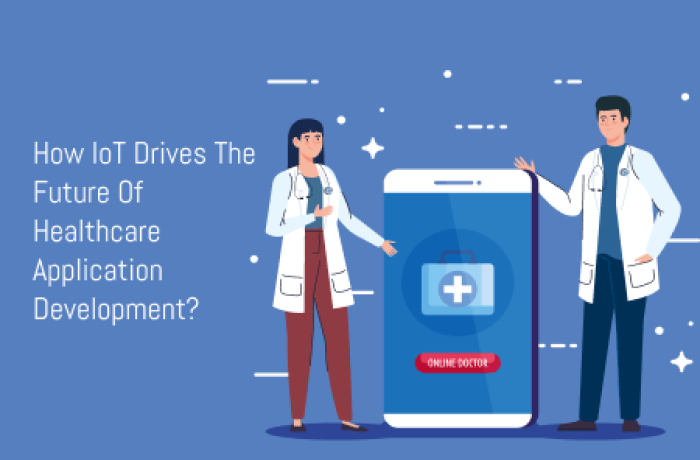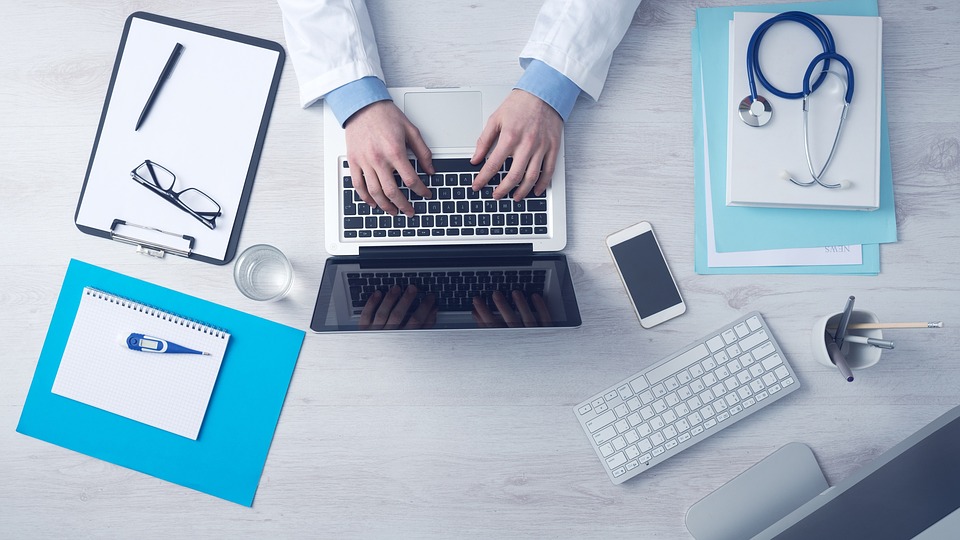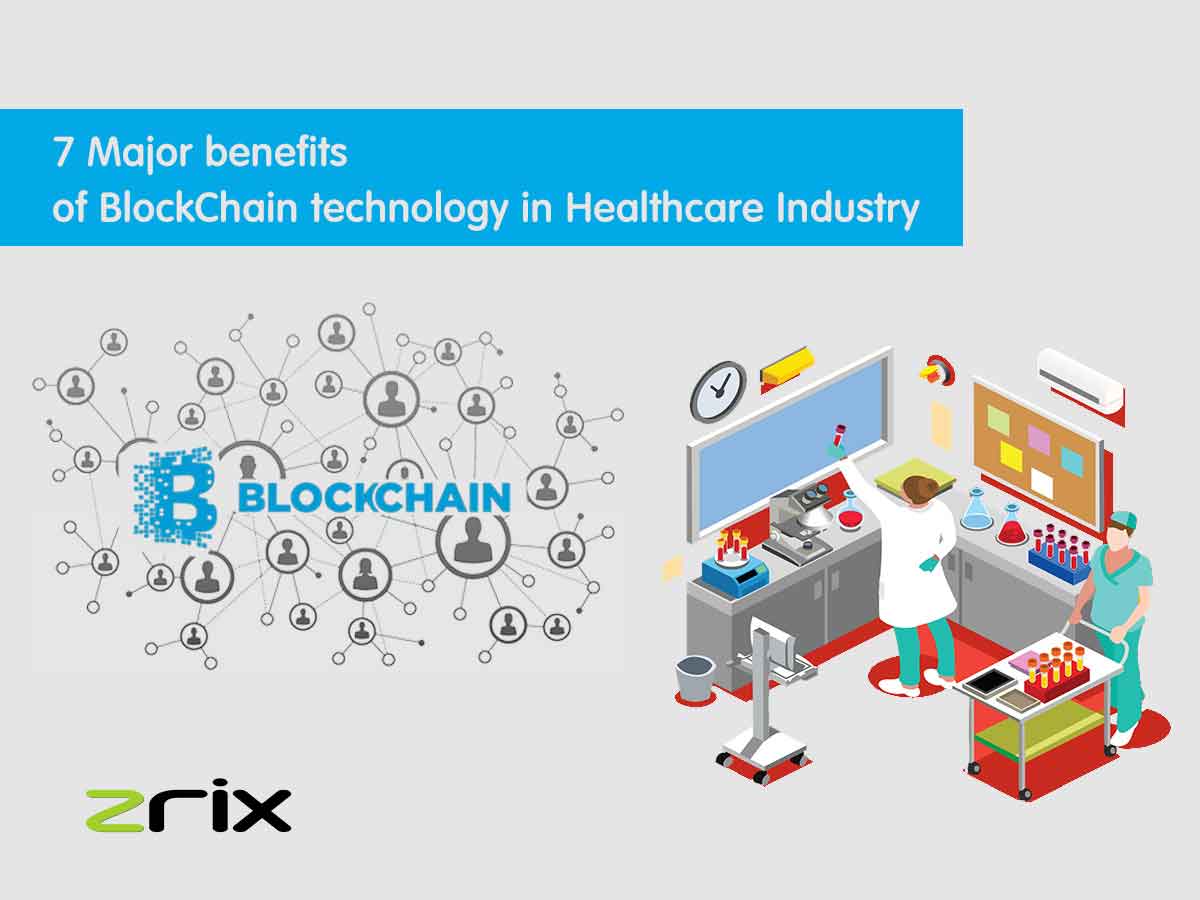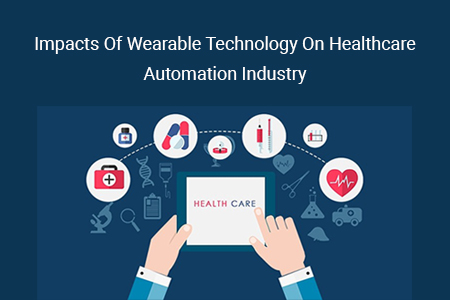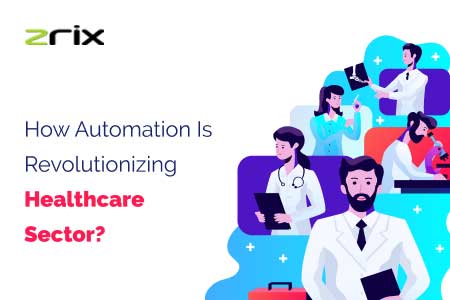Organizations have several opportunities to evolve as a result of the transformation of mobile applications and their broad extension. The medical services narrative is the same. Because of technological advancements, the healthcare industry is rapidly evolving. The global healthcare application market will generate an income of 111.1 billion dollars by 2025, because of the increasing use of healthcare IT solutions.
The Internet of Things, or IoT, has discovered several use cases in telehealth software development services that can help to reshape the existing rendition of medical care benefits for everyone, which has a wide future of IoT in healthcare. IoT is becoming a vital aspect of most healthcare advancements, and customized Zrix software solutions are witnessing advancement almost every quarter. According to Statista, healthcare mobile apps that integrate IoT will reach 25.8 million units by 2025.
Quick Navigation
The widespread use of IoT applications in healthcare has opened up a new world of possibilities for medicine.
IoT introduces innovative telehealth software solutions that empower remote services and deliver critical medical information, giving patients more control over their own lives and treatment.
Key benefits of IoT in healthcare app development:
Remote patient monitoring
Remote patient monitoring can be a lifesaver in medical emergencies such as asthma or diabetes episodes, severe cardiac diseases, unintentional wounds, and so on. By connecting their smart healthcare applications to an IoT-enabled medical gadget, the patient may be watched in real-time.
The linked equipment can provide medical crisis-related information to the doctor, allowing him to make an informed decision.
Also Read: Impacts Of Wearable Technology On Healthcare Automation Industry
The information obtained by the connected medical equipment is used by the professional to consolidate the patient's body behavior and symptoms. This data often contains the patient's blood sugar levels, blood pressure, pulse rate, weight, and other factors that are stored for use by a doctor in therapy.
Automation of the Patient Care Cycle
Automation is one of the ways that IoT is used in Zrix software development to make the job process go more smoothly. With the use of connected arrangements and other internet-based innovations, such as Bluetooth, Wi-Fi, and other current conventions, hospitals and clinics can use IoT to robotize and computerize the patient care work process.
IoT health monitoring system applications enable machine-to-machine communication and interoperability, saving crucial time over existing methods for effective medical care administration. Early detection of disorders and illnesses in patients can help doctors get a good start.
It will provide incremental treatment options for their patients. Furthermore, utilizing innovation and automation would reduce costs by reducing unnecessary patient visits while preserving time and quality assets.
Collection and analysis of data
The Zrix, a custom healthcare software Solutions Company collects vast data from a variety of individuals who are dealing with a variety of illnesses and conditions and provides it to the medical community. This information is important if it is properly structured and utilized.
It's difficult to comb through all of the data that different telehealth devices capture and deliver to cloud servers promptly. Furthermore, medical care providers believe that analyzing and making informed decisions based on such vast amounts of data from various devices is difficult.
IoT aids in the tracking of real-time data obtained from Zrix app development solutions because it allows them to quickly browse through the data, analyze it, and store vital data. It also saves space because raw data is already investigated by an IoT device, so there is no need to store it.
Rather than sifting through a mountain of data, clinicians can immediately have access to diagrams and examined information. Such analysis provided by IoT application development services can also aid in better treatment through informed directing.
Data monitoring continuously
Assume you're in the middle of a medical emergency. IoT gadgets keep an eye on the patient's essential information.
The devices use this information to track medical emergencies and send alerts to the doctor. With such alert devices in place, professionals can send an ambulance to the patient right away.
Patients can also access their reports via a smartphone that is connected to the internet. IoT enables the progressive application of health monitoring and warning, allowing for more precise functional treatments and well-timed intervention of specialists when needed, ensuring holistic patient care.
Personalized Health Evaluations
People can now examine and track their fitness levels regularly thanks to the most recent invention. Healthcare app developers with more refined concepts make it easier for individuals to better understand and enhance their health.
These apps cover a variety of concepts, such as checking sleeping cycles to ensure that an individual gets enough rest during the day. To help people stay in shape, smartwatches and smart bands measure their step count, calorie count, and activity plans.
Individuals' lifestyles are also being influenced by healthy eating apps. They contain calorie organizers, as well as healthy recipes and eating plans, to supplement their nutrient intake throughout the day while maintaining healthy eating habits because this is the right future scope of the health care system.
Also Read: How Automation Is Revolutionizing Healthcare Sector
Final words
The Internet of Things in healthcare is not without its difficulties. IoT-enabled linked devices collect massive volumes of data, including sensitive information, raising data security concerns.
Appropriate security measures must be implemented. Through real-time health monitoring and access to patients' health data, the Internet of Things explores new dimensions of patient care.
This data is a gold mine for healthcare stakeholders looking to improve patient health and experiences while also increasing income and streamlining operations.
In an increasingly linked world, being able to harness this digital power will prove to be the differentiator, which is a huge challenge of IoT in healthcare.
